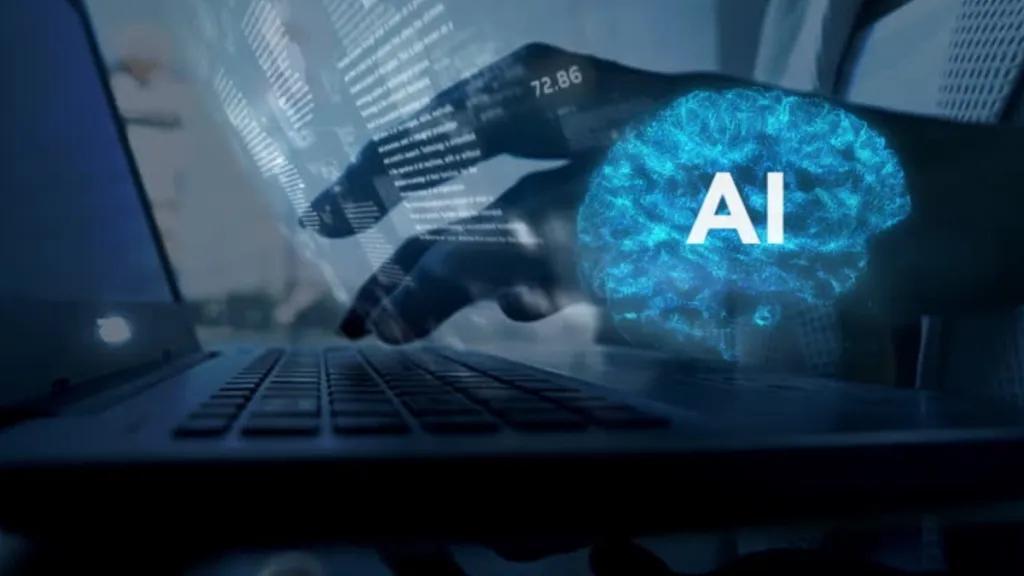
57% people globally hiding usage of AI, 54% can’t trust it: Study
The world is rapidly embracing Artificial Intelligence (AI) in various aspects of life, from customer service to healthcare and education. However, a recent study has revealed a concerning trend: a significant percentage of the global population is hiding their use of AI and lacks trust in its capabilities.
According to the study, a staggering 54% of people globally are unwilling to trust AI, reflecting an underlying tension between its benefits and risks. This mistrust can be attributed to various factors, including concerns about job security, data privacy, and the potential for AI to replace human judgment.
Furthermore, the study found that about 57% of the population hides the use of AI and presents AI-generated work as their own. This phenomenon is not limited to individuals; even organizations and businesses are adopting AI without openly acknowledging its use.
The study, which surveyed over 1,000 employees across various industries, revealed that only 47% of employees globally say they’ve received AI training. This lack of training and understanding can lead to a higher risk of AI being used incorrectly or without proper oversight.
The tension between AI’s benefits and risks is a complex issue that requires a nuanced approach. On one hand, AI has the potential to revolutionize industries and improve efficiency. On the other hand, its misuse can lead to significant consequences, such as job displacement and biased decision-making.
The findings of the study highlight the need for greater transparency and education around AI. As AI becomes increasingly integrated into our daily lives, it’s essential to address the concerns and misconceptions surrounding its use.
The reasons behind mistrust
So, why are people unwilling to trust AI? There are several reasons contributing to this phenomenon:
- Job security: The fear of job displacement is a significant concern for many employees. With AI capable of automating tasks and processes, people worry that they may lose their jobs to machines.
- Data privacy: The collection and storage of personal data are essential for AI to function. However, this has raised concerns about data privacy and the potential for AI systems to be hacked or misused.
- Lack of transparency: The inner workings of AI systems can be complex and difficult to understand. This lack of transparency can lead to mistrust and uncertainty about AI’s decision-making processes.
- Biased decision-making: AI systems are only as good as the data they’re trained on. If this data is biased, AI’s decision-making processes can perpetuate existing inequalities and biases.
- Fear of the unknown: AI is a rapidly evolving technology, and many people may feel uncomfortable or unsure about its capabilities and potential consequences.
Consequences of hiding AI usage
The study’s findings on people hiding their AI usage are concerning and have significant consequences:
- Loss of accountability: By hiding AI usage, individuals and organizations can avoid accountability for AI-generated work. This can lead to a lack of transparency and trust in AI-driven decision-making.
- Misuse of AI: Without proper training and oversight, AI can be used for nefarious purposes, such as spreading disinformation or perpetuating biases.
- Inequitable distribution of benefits: When AI usage is hidden, those who benefit from AI-driven processes may not be transparent about their use, leading to an unequal distribution of benefits.
- Slow adoption: The lack of trust and transparency surrounding AI can slow its adoption and hinder its potential to positively impact industries and society.
The way forward
The study’s findings highlight the need for greater transparency, education, and accountability around AI. To build trust in AI, we must:
- Promote AI literacy: Educate individuals and organizations about AI’s capabilities and limitations to address misconceptions and fears.
- Implement transparency and accountability mechanisms: Develop mechanisms to ensure transparency and accountability in AI-driven decision-making processes.
- Address data privacy concerns: Implement robust data privacy measures to protect personal data and ensure its secure storage and processing.
- Foster a culture of collaboration: Encourage collaboration between humans and AI systems to address the limitations and biases of AI.
In conclusion, the study’s findings on people hiding AI usage and mistrusting its capabilities are concerning. However, by promoting education, transparency, and accountability, we can build trust in AI and unlock its potential to positively impact our lives.
Source






